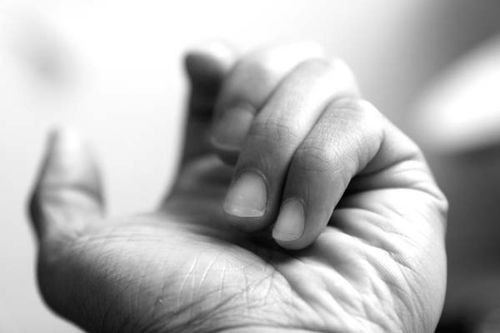Racial Biases Change With Perception Of Own Skin Color, Study Shows

Researchers from the United Kingdom say racial bias hinges on self-perception and experience, and may be an illusion that can disappear.
At Royal Holloway University, investigators devised an experiment intended to create an illusion of experience — a white person "owning" a hand of a darker skin tone. Participating in the "Rubber Hand Illusion," white study subjects watched a fake rubber hand being touched while they themselves were touched on the hand by an experimenter, hidden from view.
The experience created the illusion of possessing the fake hand, which was of a darker skin tone, researchers said. To test their theory, the investigators measured racial attitudes prior to the experiment and those afterward.
"This study has important implications for changing and reducing negative racial attitudes," said Lara Maister, a researcher from the psychology department at Royal Holloway University. "It comes down to a perceived similarity between white and dark skin. The illusion creates an overlap, which in turn helps to reduce negative attitudes because participants see less difference between themselves and those with dark skin."
Dr. Manos Tsakiris, who led the study, said racial biases formed early in life are thought to remain stable throughout adult. However, "our results show that we can positively alter them by understanding how the brain is processing sensory information from our bodies and that of others," she said. "It will be interesting to replicate the effect with different social groups and see if we can generalize these findings outside of laboratory settings."
The study results perhaps reflect common wisdom accrued since at least the integration of modern American baseball with Jackie Robinson's play for the Brooklyn Dodgers in 1947. With shared experience, biases against the "other" disappear.
Funded by the European Research Council, the study was published Tuesday in the journal Cognition.
Published by Medicaldaily.com



























